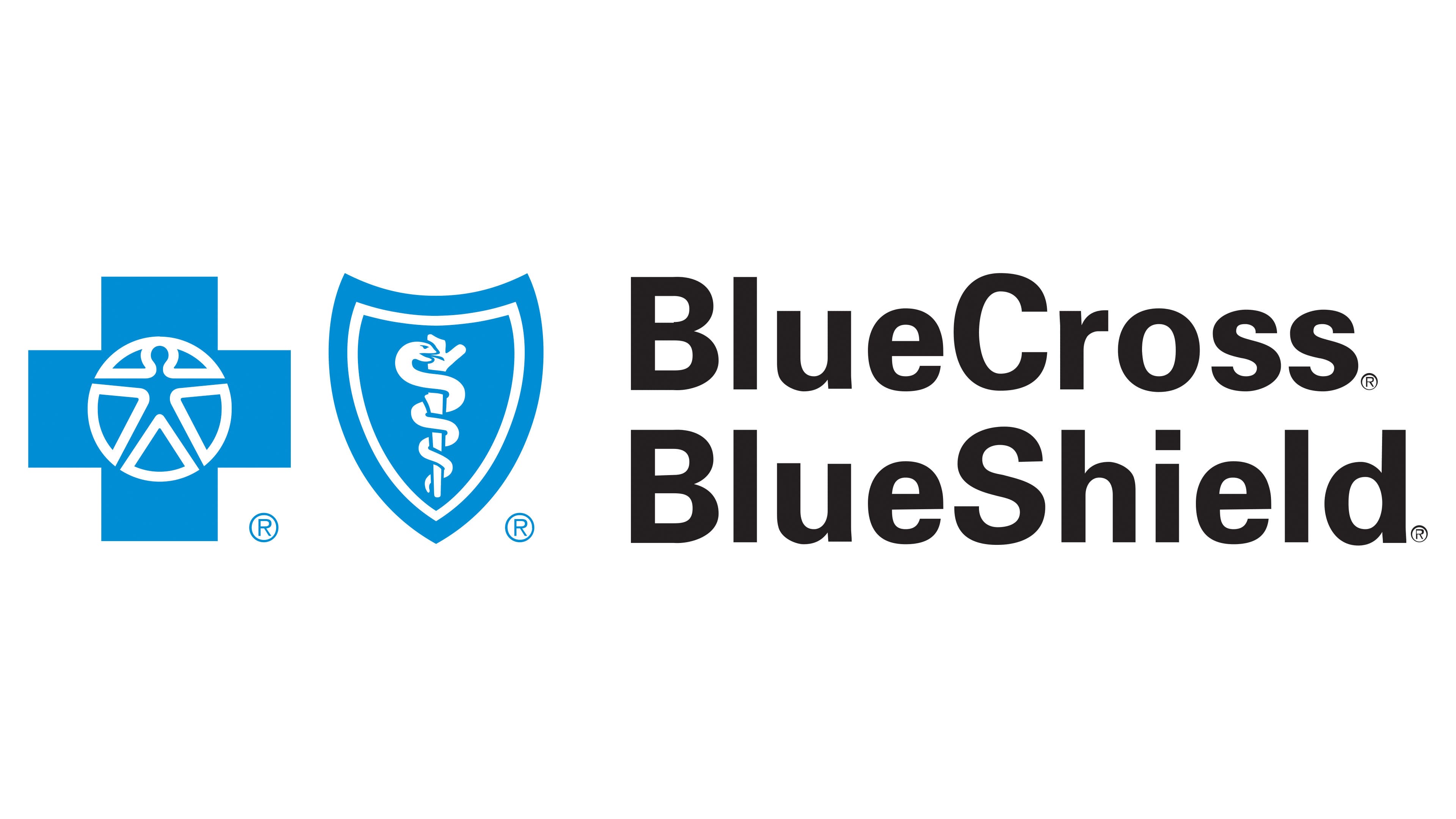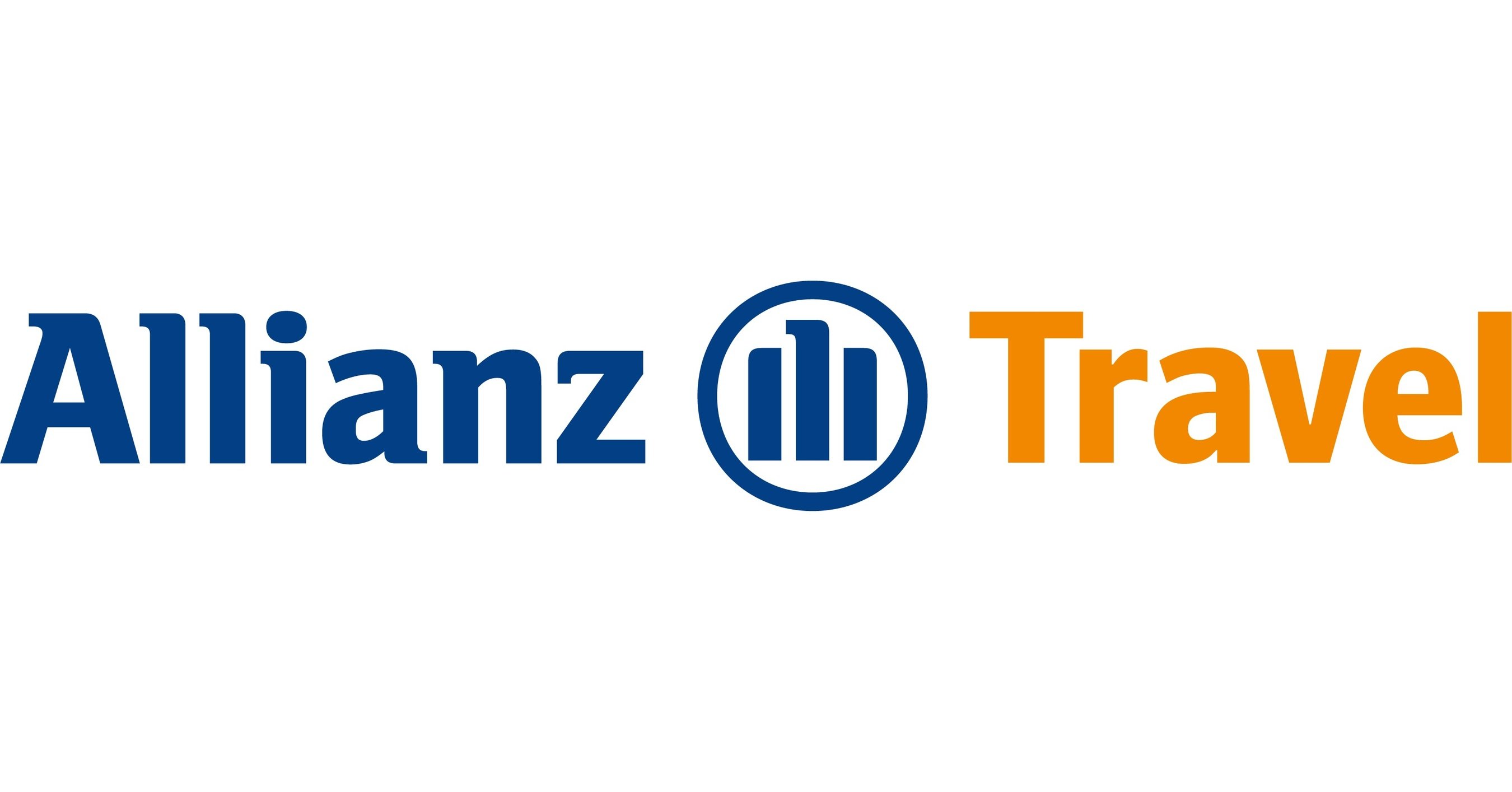
Best travel insurance in Canada
Day Of Victory Studio / Shutterstock
You’ve packed your bags, mapped your itinerary, and set your “out of office” message – it’s vacation time! But what about travel insurance?
According to a 2024 study by Pacific Blue Cross, a British Columbia health benefits provider, 87% of Canadians recognize the risks of travelling without insurance, while 57% purchase a policy at least occasionally. However, younger generations remain rather hesitant about the need for this coverage when travelling abroad. Nearly half of Gen Z travellers (47%) who never purchase insurance say it is because they don't think anything anything bad will happen when vacationing. They also underestimate the actual cost of emergency medical care more than any other generational cohort.
As a professional travel writer, I find this rather alarming. Canadian health insurance is not valid outside Canada, and your provincial or territorial health plan may not cover all the costs even if you’re travelling domestically. If you suffer an accident or get sick abroad, unexpected medical bills can bankrupt you. It’s why the Canadian government advises all travellers to buy travel insurance, and I never leave the country without it. Whether you’re taking a two-week trip or a spending a year abroad, every one needs the best travel insurance offered to Canadians, regardless of age, health status, destination or length of vacation.
Best travel insurance in Canada
| Travel insurance provider | Best for | Best features | Other considerations |
|---|---|---|---|
| World Nomads | Thrill seekers | Covers 200+ adventure sports, activities and volunteer/work experiences | Must be under 66 years of age to qualify |
| CAA Travel Insurance | Families | Comprehensive coverage for the whole family — petsCAA members get a 10% discount on policies | Stand-alone emergency medical coverage policy does not include trip cancellation/interruption coverage |
| Blue Cross | Seniors | Special packages for "Snowbirds" and Flight Delay Service | Pre-existing medical conditions are generally not covered |
| Travel CUTS Bon Voyage Insurance | Budget seekers | Starts at $1.36 a day | Must be at least 15 days old and no more than 50 years old |
| Manulife CoverMe | Canadians with pre-existing medical conditions | TravelEase policy covers pre-existing medical conditions and is accessed through the TravelAid mobile app | Coverage for pre-existing medical conditions is limited to the TravelEase package only |
| Medipac Travel Insurance | Emergency medical assistance | Medipac has an in-house team of medical professionals who are trained in emergency medical and critical care | Trip cancellation not available on the annual multi-trip plan |
| Allianz Travel Insurance | Frequent travellers | Offers multiple options for different types of travel such as Single Trip and Annual/Multiple-Trip Plans | High risk activities aren't covered |
Best for thrill seekers: World Nomads

Designed for adrenaline lovers with wanderlust, World Nomads insures a long list of adventure sports, activities and volunteer or work experiences, as well as sporting equipment delay/loss/theft. You also get access to a 24/7 hotline that provides information that adventure travellers may need including weather reports and travel advisories, assistance locating the nearest trail and finding a gear shop.
The standard policy covers emergency medical expenses up to $5 million, emergency dental, trip cancellation/interruption/delay, baggage delays/theft/damage and more. The downside: You must be under 66 years of age to qualify.
Best for families: CAA Travel Insurance

A long-trusted Canadian institution, CAA travel Insurance offers flexible travel plans to suit every type of traveller and vacation, but its policies are particularly great for families. The stand-alone emergency medical policy of up to $5 million in health coverage is extremely comprehensive, even including medical repatriation, emergency dental and reimbursements for pet care and kennelling.
The Vacation Package Plan provides full cancellation/interruption insurance – ideal for prepaid, all-inclusive vacation packages – and family transportation and escort of children during emergencies. Anyone can buy CAA travel insurance but members get a 10% discount.
CAA’s emergency medical plans also now include coverage for COVID-19-related illnesses for vaccinated customers. Coverage is up to $2.5 million if partially vaccinated and up to $5 million if fully vaccinated.
Best for seniors and retirees: Blue Cross

Blue Cross has been around for more than 70 years, and 1 in 4 Canadians utilize its travel insurance. The company's emergency medical covers up to $5 million. It has special “snowbird” travel insurance packages designed for Canadians who head to warmer climates each year, making Blue Cross ideal for retirees.
Part of the package is the Flight Delay Service, a free perk that provides a range of benefits if including exclusive coupons for access to lounges or hotels (depending on the length of the delay). Pre-existing conditions are generally not covered.
Best for budget travellers: Travel CUTS Bon Voyage Insurance

Starting at only $1.36 a day, Travel CUTS Bon Voyage Insurance offers very affordable travel insurance packages. Yes, it’s geared toward students (e.g., you can swap your travel dates at no charge due to an exam schedule conflict), but anyone between 15 and 50 years of age can purchase a policy.
The standard package includes hospital and medical up to $1 million, dental care, air ambulance evacuation, flight accident, accidental death or dismemberment and trip interruption/cancellation insurance. Adventure and extreme sports are also covered.
Best for Canadians with pre-existing medical conditions: Manulife CoverMe

Manulife CoverMe offers highly comprehensive Canadian travel insurance packages and You access to the TravelAid mobile app, which provides directions to the nearest medical facility and local emergency telephone numbers.
However, the stand-out feature is arguably TravelEase – a special policy designed to cover fully disclosed medical conditions. For travellers with pre-existing conditions, it insures a bunch of expenses for health services and transportation. It provides up to $10 million in emergency medical benefits – a unicorn in the travel insurance world.
Best for emergency medical assistance: Medipac Travel Insurance

Medipac is one of the only travel insurance companies out there that is staffed by their own team of trained medical professionals, via its Medipac Assistance hotline. The company's medical professionals are your first point of contact in an emergency medical situation. This service is also helpful for dealing with foreign medical systems and helping prevent unnecessary expenses when dealing with a large deductible.
Medipac offers several competitive features for their travel insurance plans, including no age limits, a claim-free discount and a 90-day stability period for most pre-existing conditions. If your pre-existing medical condition isn’t covered by a standard Medipac insurance plan, the company also offers personalized, underwritten insurance policies to help you meet your needs.
Medipac provides coverage for up to $5 million USD, including COVID-19, in addition to its other benefits. Additionally, most new clients may be able to save 3-5% in their first year with the company's Claim-free Advantage discount.
Best for frequent travellers: Allianz Travel Insurance

Touted as a world leader in the Canadian travel insurance and assistance industry, Allianz Travel Insurance is a major provider of travel insurance, corporate assistance, and concierge services. It seeks to help its customers find solutions to various travel-related problems. Allianz Travel has partnered with many reputable companies, including travel agencies, airlines, resorts, websites, event ticket brokers, corporations, universities and credit card companies.
Allianz Travel Insurance is a great choice for anyone looking for travel insurance. Its single-trip plans are perfect for those leaving home and visiting another destination (or destinations) before going back home. Its parent company, Allianz Global Assistance, has five plans to choose from, all offering different levels of protection and coverage.
Allianz Travel Insurance’s annual/multi-trip plans are perfect for both personal and professional travelers who take multiple trips in a year. It offers four distinct options to choose from.
Will my provincial insurance be valid overseas?
No! If you get sick or injured overseas, the Canadian government will not cough up a dime to cover your medical costs. Here are the sobering facts:
- Canadian public health insurance is not valid outside of Canada.
- Foreign hospitals can be extremely expensive and may demand payment before treating you.
- The Canadian government will not pay a Canadian’s medical bills for an illness or accident suffered abroad. You’re on the hook for footing the bill!
Will my provincial insurance work in another province/territory?
Flash your valid provincial health card in another part of Canada and you’ll likely be covered for some of the same services insured by your home provincial plan. This is because the provinces and territories (except Quebec) signed an agreement whereby the host province foots the bill for any medically necessary health care services and gets reimbursed by the home province later.
However, that doesn’t mean you’re completely out of the woods. Depending on your destination, a slew of other services may not be covered such as an ambulance, hospital transfer, prescription drugs, transportation back to your home province and procedures not currently approved by your home plan.
Additionally, since Quebec wasn’t a signatory to the interprovincial billing agreement, you’ll likely be charged for any medical bills incurred there. For this reason, it’s recommended that you buy extra travel insurance (or verify your credit card’s travel insurance coverage) to cover any uninsured health care services that may crop up during your trip.
What does the best travel insurance in Canada cover?
Every travel insurance policy is different and what’s covered depends on how much you’re willing to pay for coverage. Typical medical services that you can expect to be covered include:
- Emergency hospital and medical costs
- Ambulance and air ambulance costs
- Outpatient services
- Physician and laboratory costs
- Prescription drugs
- Direct payment to the hospitals and doctors caring for you
- Assistance with bringing a family member to your bedside
- Air ambulance or commercial repatriation home
- Return of your vehicle if you are ill and have to come home
Additional benefits may include:
- Trip cancellation for non-refundable monetary losses
- Trip interruption
- Baggage loss, rental car damage, out-of-pocket expenses
- Accidental death and dismemberment
How much coverage do I need?
Securing a policy with a $1 million as a maximum payable is a safe bet. But don’t just look at the numbers when choosing a policy – read the fine print. Every insurer has a list of situations in which coverage is not provided, otherwise known as “exclusions.” Check whether your provider includes coverage or has provisions for the following:
- Pre-existing medical conditions: According to the International Association for Medical Assistance to Travelers, a pre-existing condition is “something that happened (or started to happen) before you were insured.” Some policies may cover claims relating to pre-existing conditions that are “stable and controlled,” but read the definitions carefully. If you don’t declare a condition, the entire policy could be invalidated!
- Medical evacuation: Ensure the policy covers medical evacuation to the nearest hospital and/or to Canada, as well as the costs of a medical escort to accompany you to your final destination.
- Repatriation in case of death: On the grim side, ensure that your plan covers the preparation and return of your remains to Canada.
- Adventurous Activities: If you plan on engaging in “high-risk” activities on your trip, you may need to shell out extra money for a more comprehensive plan. Many policies don’t cover “risky” activities, such as skiing or snowboarding “out of bounds,” skydiving, scuba diving, white-water rafting, mountaineering or participation in any rodeo activity. To cover your bases, ask questions and get specifics before purchasing a policy.
You may have to pay more to have these things included, but a few extra bucks may be worth it for peace of mind.
Should I buy “a la carte” travel insurance or get a travel credit card with free insurance?
A credit card with travel insurance is always a good thing to carry in your wallet. The best travel credit cards in Canada usually cover everything from emergency medical costs to trip cancellation/interruption to flight delay to rental car insurance, which could save you a wad of cash.
The Scotiabank Gold American Express® Card has saved my butt a few times, and I’ve filed several travel-related claims through my card. I cancelled my trip to Portugal a few years ago due to a death in the family, and I got a full refund on my hotel deposit and flights for myself, my husband and my baby. It totally justified the $120 annual fee.
That being said, don’t rely on your credit card to take care of all your travel insurance needs. It usually includes a basic policy, meaning it offers low (or no!) travel medical insurance as part of the package. Like any travel insurance company policy, you’ve really got to read the fine print and understand the conditions of your policy to avoid sticky situations.
For instance, the Scotiabank Gold American Express® Card requires a cardholder to have charged at least 75% of trip expenses to make a trip cancellation/interruption insurance claim. So if you book an all-inclusive vacation for $5,000 and then cancel due to illness, at least $3,750 must have been charged onto your AMEX to qualify for a claim. If you didn’t do that, you’re out of luck.
Conditions Apply. Visit here for the Scotiabank Gold American Express® Card to learn more. *See Card Provider's website and Card Application for complete card details, terms and current offers. Reasonable efforts are made to maintain accuracy of information.
FAQs
Recommended reads
- What’s the Added Value of a Credit Card with Travel Insurance?
- The Best Travel Rewards Programs in Canada
- Aeroplan vs. AIR MILES vs. Avion

Lisa Jackson is a freelance personal finance and travel journalist, editor, and blogger who contributes to various online and print media outlets in Canada and abroad, including The Globe & Mail, Toronto Star, Islands Magazine, Fodors, BRIDES, Huffington Post Canada, CAA Magazine, The Food Network, West Jet Magazine, NUVO Magazine, and many others. When she's not writing from her home office, she's busy globe-trotting to new destinations in search of her next story.
Disclaimer
The content provided on Money.ca is information to help users become financially literate. It is neither tax nor legal advice, is not intended to be relied upon as a forecast, research or investment advice, and is not a recommendation, offer or solicitation to buy or sell any securities or to adopt any investment strategy. Tax, investment and all other decisions should be made, as appropriate, only with guidance from a qualified professional. We make no representation or warranty of any kind, either express or implied, with respect to the data provided, the timeliness thereof, the results to be obtained by the use thereof or any other matter. Advertisers are not responsible for the content of this site, including any editorials or reviews that may appear on this site. For complete and current information on any advertiser product, please visit their website.
†Terms and Conditions apply.





